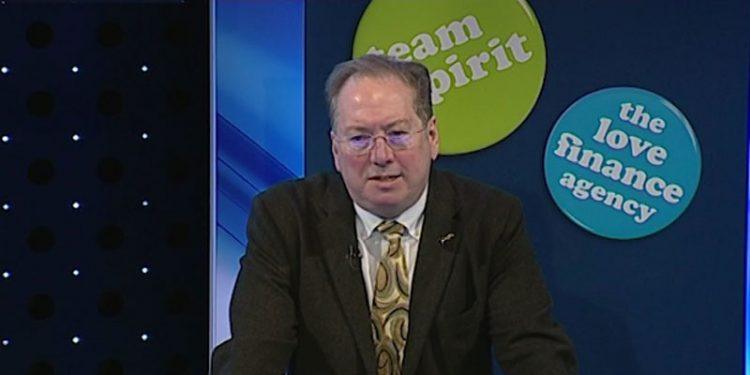Fintech is hardly new. Arguably, financial services has been colliding with technology since the earliest computers. In retail financial services, technology encompasses charge cards and ATMs. In wholesale financial services, the big bangs of three decades ago still reverberate through financial technology. But proponents of contemporary fintech believe “this time it’s different.” The confluence of new technologies such as mutual distributed ledgers (aka blockchains), GPS, biosensing, or new materials, leads to claims of an exponential inflection point in technological impact on the financial services sector. This presentation explored the scale of potential change and examine whether claims that “this time it’s different” will revolutionise business models.
Professor Michael Mainelli FCCA FCSI FBCS, a qualified accountant, securities professional, computer specialist, and management consultant, educated at Harvard University and Trinity College Dublin, Michael gained his PhD at London School of Economics where he was also a Visiting Professor. He began his career as a research scientist in aerospace & cartography, then entered the City in 1984, becoming an accountancy-firm partner and later a director of Ministry of Defence research.
He co-founded Z/Yen in 1994, the City of London’s leading think-tank, to promote societal advance through better finance and technology. He has led Z/Yen from creating mutual distributed ledgers in 1995 through Taskforce 2000, Long Finance, the Global Financial Centres Index and the Global Intellectual Property Index.
The video was taken at The Financial Services Forum Members’ Conference in November 2016.
To view the slides, please use the download button for a PDF version.

